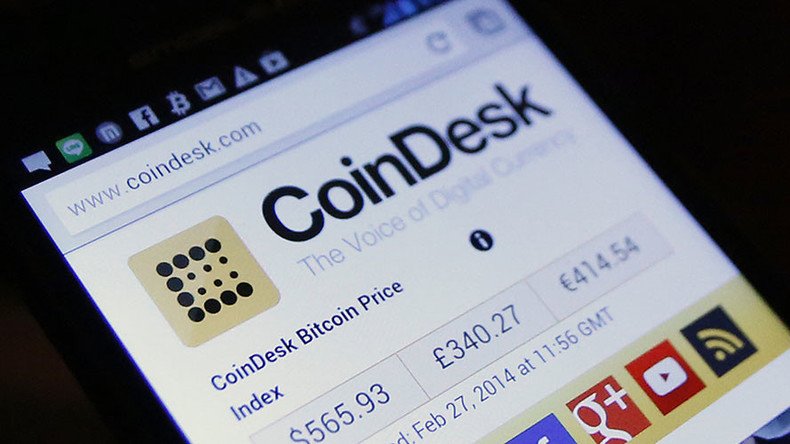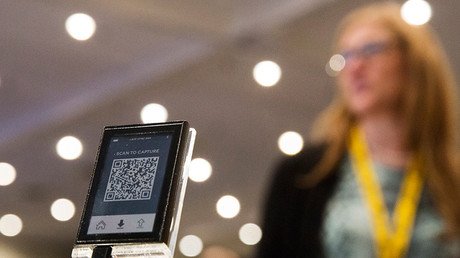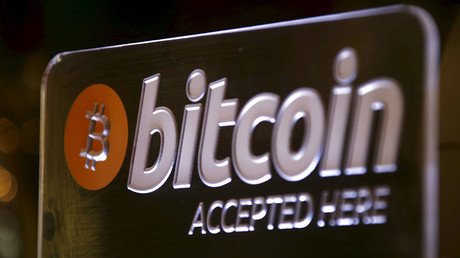Japan’s largest bank tests digital currency

Bank of Tokyo-Mitsubishi UFJ confirmed on Tuesday it is conducting experiments using its own digital currency, Reuters reported.
Last week Japan’s Asahi Shimbun newspaper said the bank plans releasing its virtual currency as soon as autumn 2017. According to the newspaper, the conversion rate of one MUFG [Mitsubishi UFJ Financial Group – Ed.] coin will be equal to one Japanese yen. Users will be able to withdraw money from their bank accounts into an app on their smartphones. The money will then be converted to the digital currency.
“Regarding the speculation (in) media reports, these reports are not based on any announcement by MUFG, and the details have not been decided," the bank's spokesman said, responding to a query from Reuters.
"However we can only say that it's true that MUFG is conducting demonstration experiments on the 'Coin' within the company utilizing block chain technology," he added.
The bank is also developing ATMs for customers to withdraw MUFG coins onto their smartphones or convert the virtual currency into cash, the Japanese newspaper said. The new machines could be in operation by spring 2018.
READ MORE: Bitcoin not a currency, but should be taxed – Japan
The Japanese government has passed bills officially recognizing digital currencies as money. Last month, it also passed a bill to regulate digital currency exchanges in the country. The move followed a multi-million dollar embezzlement scandal and the collapse of the Tokyo-based Mt.Gox Bitcoin exchange.
Mt.Gox was once one of the largest exchanges for the cryptocurrency, and collapsed in 2014 after admitting 850,000 coins, worth around $480 million at the time, had disappeared from its digital vaults.
The company which handled around 80 percent of global bitcoin transactions said initially that there was a bug in the software underpinning bitcoins which allowed hackers to steal them.
Later it said it had found 200,000 of the lost coins in a so-called “cold wallet”, a storage device which is not connected to other computers.
The new law stipulates all virtual currency exchanges should be regulated by the country's Financial Services Agency. They must register with the financial watchdog and verify the identity of customers opening accounts.














